#Bristol history
Explore tagged Tumblr posts
Text



Some of the grand interiors in The Red Lodge. It’s a Tudor era building and definitely had an eerie feel to the place. It’s really a hidden gem for history buffs.
#photography#tudor era#tudor history#got startled by a harpsichord recording in one of the rooms#the room with the kids paintings was the eeriest#it was weird to have it be so silent and empty#Bristol#Bristol history
2 notes
·
View notes
Text
WWII poems I did for a class
Help us please-Acrostic
Hear the spitfires drone through the air
Every living creature cowering in fear
Leaving the houses behind when your scared
Praying the shelters are safe this year
Underground is where others go
Sounds of guns washing away
Peace will be restored like ribbon makes a bow
Leaving rubble and decay
Evening turning to light
And the bombs are still on when the rain pours
Slowly mirroring the tears trickling down our faces when we're out of fight
Everyone is scared, the 24th of November today, and we step out, 25th, to the horror outside shelter doors
#poetry#WWII poems#Is this like extra credit?#Some work I'm proud of#November 24th 1940#Bristol history#The unfair blitz#Help us please#Glad it's over#Historic poetry
1 note
·
View note
Text

The Wedding Register, Edmund Blair Leighton, 1920
#art#art history#Edmund Blair Leighton#genre painting#genre art#Pre-Raphaelite#pre-raphaelisme#British art#English art#20th century art#oil on canvas#Bristol City Museum and Art Gallery
1K notes
·
View notes
Text

Bristol, England 1866
#bristol#england#1860s#europe#history#vintage#photography#pics#architecture#people#street life#19th century#britain#uk#housing#perspective#aesthetics#windows
817 notes
·
View notes
Text
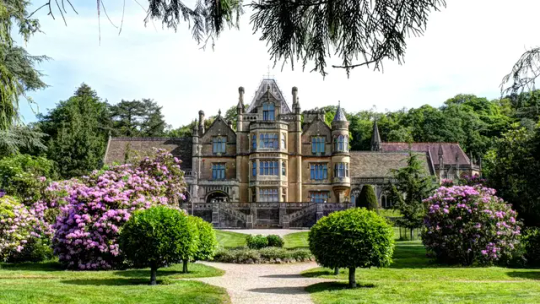
Tyntesfield, Wraxall, Bristol, North Somerset, United Kingdom,
Bob Fowler Photography
#art#design#architecture#history#luxury lifestyle#style#luxury house#luxury home#country house#gardens#landscaping#united kingdom#somerset#bristol#wraxall#tyntesfield#bob fowler#national trust
331 notes
·
View notes
Text







Pablo Escobar’s Private Boeing 727 !
The plane was built in 1968 for Japan Airlines and turned into a private jet in 1981 before being decommissioned in 2012.
#art#design#flying private#travels#luxury lifestyle#private jet#flying palace#business jet#airplane#jetsetter#jetset#boeing#boeing 727#pablo escobar#drug king pin#airbnb#bristol#uk#billionaire#billionairelife#history#bling#the bling ring
25 notes
·
View notes
Text

24 notes
·
View notes
Text
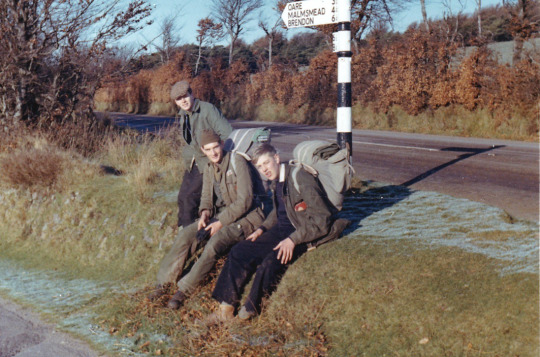
A few Bristol Police Cadets hike in Exmoor National Park.
England
1966
#vintage camping#campfire light#history#exmoor national park#camping#hiking#bristol police cadets#england#60s
112 notes
·
View notes
Text



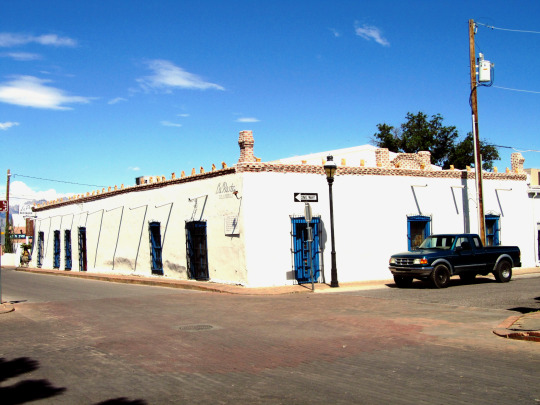
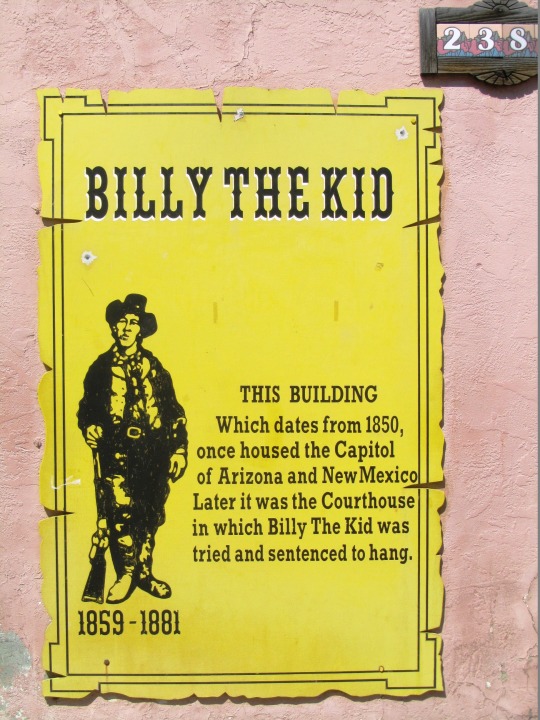

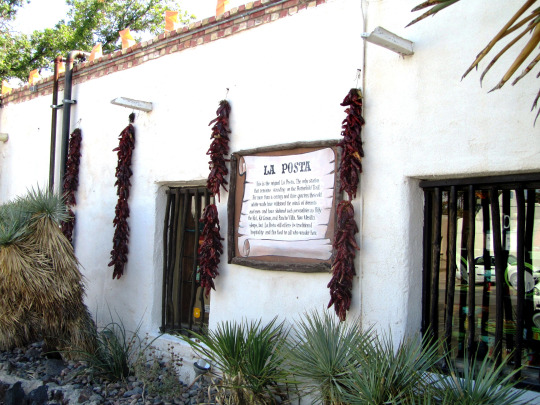


On April 13, 1881 Billy the Kid was sentenced by Judge Warren Bristol in Mesilla to hang, with his execution scheduled for May 13.
#Old Courthouse#Mesilla#Old Mesilla#Doña Ana County#La Posta De Mesilla#adobe#risttra#old town#old west#wild west#original photography#USA#New Mexico#Southwestern USA#Billy the Kid#sentenced#Judge Warren Bristol#13 April 1881#I know somebody who looks exactly like Billy the Kid#sign#summer 2011#travel#vacation#anniversary#US history#architecture#cityscape#landmark#tourist attraction#Basilica of San Albino
39 notes
·
View notes
Text

A British two-engined Bristol Blenheim comes a cropper after an unsuccessful landing - RAF Tangmere, West Sussex 1940
#world war two#1940s#worldwar2photos#history#ww2#ww2 history#wwii#world war 2#ww2history#wwii era#west sussex#1940#raf#royal air force#Bristol#Bristol Blenheim#england#great britain
67 notes
·
View notes
Text


Shots of Bristol Cathedral.
taken by me, 2025.
7 notes
·
View notes
Text



Epitaphs from The Red Lodge museum, which used to be a reform school for girls.
0 notes
Photo

Storming of Bristol
The storming of Bristol, a port then second only in importance to London, on 26 July 1643 by Royalist forces led by Prince Rupert (1619-1682) was a major coup against the Parliamentarians during the English Civil Wars (1642-1651). The Royalists were able to break through the long perimeter fortifications, which were manned by a defensive force spread too thinly. Taken in a day but with many casualties on both sides, Bristol became a vital Royalist centre until its fall to the Parliamentarians after the siege of 1645.
From Edgehill to Bristol
King Charles I of England (r. 1625-1649) considered himself an absolute monarch with absolute power and a divine right to rule, but his unwillingness to compromise with Parliament, particularly over money and religious reforms, led to a civil war from 1642 to 1651. Fought between the 'Roundheads' (Parliamentarians) and 'Cavaliers' (Royalists) in over 600 battles and sieges, the war was a long and bloody conflict. The northern and western parts of England largely remained loyal to the monarchy but the southeast, including London, was controlled by Parliament. The Parliamentarians also controlled the Royal Navy, a significant impediment to Charles receiving reinforcements from the Continent and Ireland. The king would need a port if the war dragged on, but if he could capture London in a decisive engagement, perhaps the war would be quickly over. Charles made his intent clear and raised the royal colours at Nottingham on 22 August 1642.
The first major engagement of the war had been the Battle of Edgehill in Warwickshire on 23 October 1642, which ended in a draw. Charles then delayed and captured Oxford before turning on London, where he was rebuffed by the presence of a 20,000-strong Parliamentarian army at Turnham Green. The king decided to fight another day and retreated to Oxford, which became the Royalist capital. A series of skirmishes and small-scale battles followed over the next year as neither side sought to commit all of their troops in a single field engagement. Rather, both sides concentrated on capturing what strategically valuable towns and cities they could. There were, too, half-hearted negotiations to bring peace through the winter and spring of 1643, but it seems that both sides were confident that they could press their advantage better on the battlefield when warmer weather arrived.
The indecisive nature of the war so far had not helped the Royalists in their predicament concerning sea power. In the summer of 1643, Prince Rupert, Count Palatine of the Rhine and Duke of Bavaria, Charles' nephew and commander of the Royal cavalry, was tasked with capturing Bristol, second only to London as the kingdom's most important port and an important regional military stronghold. Bristol was a major commercial centre, exporting such regional goods as cheese from the Wessex vales and importing many vital raw materials. It was a naval base and so could control the Irish Sea, and it was a major regional administrative centre. At the time, Bristol had a civilian population of around 15,000, making it the second-largest city in England after the capital.
Rupert, who was still only 23, had gained invaluable experience during the Thirty Years' War (1618-1648) in Central Europe. Rupert had been involved in the siege of Breda in 1637 and had fought well, if a little impetuously, in the Civil War so far, notably at Edgehill. Bristol was his next important target, but he would have to overcome the city's defences which he knew the value of, having himself advised the king (and been ignored) that Royalist cities should be heavily fortified.
Continue reading...
28 notes
·
View notes
Text

Umbrella Pines in the Villa Borghese, Rome, William James Müller, 1839
#art#art history#William James Müller#landscape#landscape art#drawing#watercolor#Villa Borghese#British art#English art#Bristol School#19th century art#Metropolitan Museum of Art
1K notes
·
View notes
Text

Bristol Beaufighters Mk X's attack German ships. Helgoland Islands, Germany, 1944
➤BRITISH AIRCRAFT SERIES: https://dronescapes.video/British
#Bristol Beaufighter#Beaufighter#helgoland#wwii germany#youtube#aircraft#airplane#aviation#dronescapes#military#documentary#aviation history#ww2#wwii#germany#British#aviation photography#military aircraft#military history#military aviation
20 notes
·
View notes
Text

Another Nth Africa scene l painted in 2013. This time a German Messerschmitt BF-109F engaging a Bristol Beaufighter over Libya 1942.
Acrylic on paper 45 x 65cm
@PeteHill854 via X
#Beaufighter#bristol#fighter bomber#aircraft#raf#bf109g6 trop#messerschmitt#luftwaffe#aviation#ww2#north africa#ww2 aircraft#ww2 art#ww2 aviation#wwii aircraft#wwii planes#ww2 history
10 notes
·
View notes